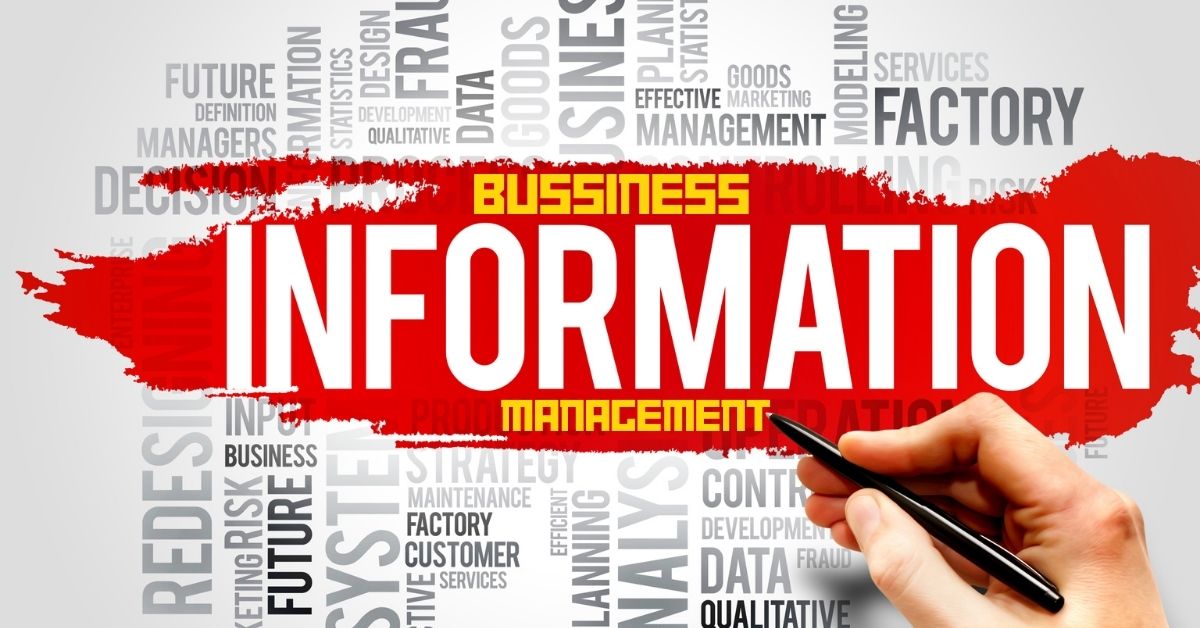Simplifying Your Finances with Fintech Tools: Streamlining Payments, Accounting, and Payroll
In today’s fast-moving business landscape, traditional ways of managing your finances are not enough to remain efficient. Fortunately, financial technology paves the way for more streamlined processes. It simplifies financial management thanks to automation, data analytics, and other innovative solutions.
Overall, fintech tools allow you to handle your business finances with greater ease and precision.
Here’s what you need to know about them, from the challenges they address to the SaaS trends that emerge for each financial aspect of business operations.
How Fintech Tools Streamline Payments
Fintech tools for small businesses can enhance your payment processing system and help you maintain a healthy cash flow and customer satisfaction.
Challenges with Traditional Payment Methods
Traditional payment methods often present the following issues:
- Lengthy processing times –Traditional payment methods can delay funds, hurting cash flow management.
- High transaction fees – Costs associated with traditional methods are typically high and can eat into your profit margins.
- Security concerns – Data breaches and fraudulent activities are prevalent today, threatening your small businesses’ financial integrity. Addressing these security concerns is crucial to avoid reputation damage.
Benefits of Using Payment SaaS
Software-as-a-service (SaaS) solutions allow you to streamline payment processes, from invoicing and billing to online checkout systems. Adopting them means enjoying these other benefits:
- Streamlined payment processes – SaaS payment tools can help you manage your cash flow and enable faster transactions, thereby improving customer satisfaction.
- Lower transaction fees – Compared to traditional methods, fintech tools can help you allocate resources more effectively and save costs.
- Enhanced security measures – SaaS solutions have built-in encryption protocols and fraud detection mechanisms. They can protect you and your customers from financial data risks that may arise with payment processing.
Recent Trends in Payment Fintech
Fintech tools have changed the way people conduct transactions. These trends reflect the evolving preferences of consumers and businesses alike toward more convenient and secure payment methods. Below are some of the trends that continue to shape business transaction practices.
- Widespread adoption of contactless payment – Near field communication (NFC) technology allows customers to pay quickly and securely with their smartphones and contactless cards.
- Rise of mobile wallets – Apple Pay and Google Pay have given users a convenient way to store payment information and make transactions on the go.
- Prevalence of blockchain technology – This innovation presents decentralized and transparent solutions for secure peer-to-peer transactions, disrupting traditional payment systems.
Popular Payment Fintech Tools
Leading the charge in the payment fintech space are popular platforms like:
- Square – This platform offers a suite of payment solutions, including point-of-sale systems and online payment processing, for businesses of all sizes.
- PayPal – A household name in online payments, PayPal enables individuals and businesses to send and receive money across borders securely.
- Stripe – Many turn to Stripe for e-commerce payment processing. It offers customizable solutions and easily integrates with websites and mobile apps.
How Fintech Tools Simplify Accounting Processes
Accounting is crucial for any business, big or small. With fintech tools, you can improve your accounting processes and enable your small business to thrive in the digital world.
Complexities of Traditional Accounting Processes
Like traditional payment methods, old-fashioned accounting processes come with their own set of challenges:
- Labor-intensive processes – Accounting tasks often take up time that your team can spend on other core business activities.
- Reliance on physical storage – Physical records make accounting more complicated. Storing them requires extra resources, and organizing them manually takes time and can cause inefficiencies.
- Prone to human error – Manual labor increases the likelihood of errors. It leads to discrepancies in financial records, especially when handling many transactions.
Benefits of Using Accounting SaaS
Implementing fintech tools into your accounting processes can help you with the following:
- Improved accuracy – Accurate data in financial reporting is crucial for success in a fast-changing market. Fortunately, fintech tools provide reliable information for decisions and compliance.
- Time saver – By automating manual tasks, you’re allowing your team to focus on strategic initiatives that lead to many growth opportunities.
- Real-time financial insights – Having real-time financial insights helps you make smart decisions fast, making your business more efficient and profitable in today’s fast-paced world.
Recent Trends in Fintech for Accounting
Recent technology advancements in the workplace offer innovative solutions for efficiency and accuracy, helping you stay ahead. Here are some examples of how Fintect helps businesses’ accounting processes:
- AI-powered automation – Artificial intelligence has revolutionized mundane accounting tasks, such as data entry and invoice processing. It lets you streamline workflows and improve productivity.
- Cloud-based accounting solutions – Thanks to the cloud, you can access your financial data anytime, anywhere. This way, your team can collaborate better, especially in remote work arrangements.
- Real-time reporting capabilities – Fintech solutions provide instant insights into your business’s financial performance. In turn, you can make informed decisions and adapt to changing market conditions more quickly.
Popular Fintech Tools for Accounting
At the forefront of the fintech revolution for accounting are the following platforms:
- QuickBooks – If you’re looking for accounting software with a comprehensive suite of tools for your small business, this platform is your best bet. It can make your invoicing, expense tracking, and payroll management processes much easier.
- Xero – This cloud-based accounting software offers advanced features like bank reconciliation and inventory management that can cater to your needs as a growing business.
- FreshBooks – For invoicing and time-tracking, FreshBooks is an excellent choice. It can simplify billing processes, which is helpful for freelancers and service-based businesses.
How Fintech Tools Help Manage Payroll Efficiently
To pay your employees timely and accurately, you need efficient payroll management. SaaS solutions and fintech tools can help ensure this happens smoothly.
Challenges with Manual Payroll Management
As your company grows, so does your payroll. Managing a large number of employees can get overwhelming, especially when dealing with all aspects of payroll.
- Manual calculations – Accuracy is crucial when calculating employee wages, deductions, and taxes. However, manual computations can lead to inaccuracies and discrepancies in payroll processing.
- Complexities with payroll regulations and tax laws – Staying updated on rules for employee pay and taxes can be tough without the right tools. It increases the risk of mistakes and penalties for your business.
Benefits of Using Fintech Tools for Payroll
Cloud-based platforms like fintech SaaS provide all-in-one solutions to simplify processes and reduce manual work. Here are some of their benefits.
- Reduced errors – Automation can reduce errors and discrepancies in employee compensation calculations. Fintech SaaS also ensures accurate and timely payments, which can enhance overall employee satisfaction and morale.
- Tax compliance – Fintech tools for payroll make tax compliance easier, helping your business follow complex laws and rules. They reduce the risk of penalties for non-compliance.
Recent Trends in Fintech Tools for Payroll
Leveraging payroll fintech tools enables your business to push your HR function toward the future, especially with the emerging trends surrounding these solutions.
- Integrated HR platforms – Time tracking, benefits administration, and employee scheduling can now be easily done with just one platform instead of going through a pile of paperwork to accomplish these tasks. With integrated HR platforms, you can have a unified solution for workforce management.
- Employee self-service portals – This trend is becoming more prominent. These portals let employees access their payroll information, view tax documents, and update personal details. In effect, you can reduce your HR department’s administrative overhead.
- Compliance automation – This feature of payroll fintech tools can help you remain compliant with changing regulations and tax laws, minimizing the risk of penalties and fines.
Popular Fintech Tools for Payroll
Some of the leading fintech tools for payroll in the market today include the following:
- Gusto – This platform offers a user-friendly interface and seamless integration with other business tools, making payroll processing simple and intuitive.
- ADP – For tax filing and compliance support, ADP is an excellent choice. It also provides a scalable payroll solution that businesses of all sizes can benefit from.
- Paychex – If you’re looking for a solution you can customize, Paychex is your go-to platform. Besides specializing in payroll and HR services, you can use this to meet the unique needs of your business.
Transform Your Business with Fintech Solutions
Nowadays, fintech solutions are powerful tools that help streamline your business’s financial processes. From payments and accounting to payroll management, they offer a transformative approach to business finance. However, choosing reputable providers is essential to maximize the use of these fintech tools.
So, choose platforms that fit your business needs to tackle challenges from old processes. In turn, your business can simplify operations and position itself for success in an increasingly digital world.














Post Comment